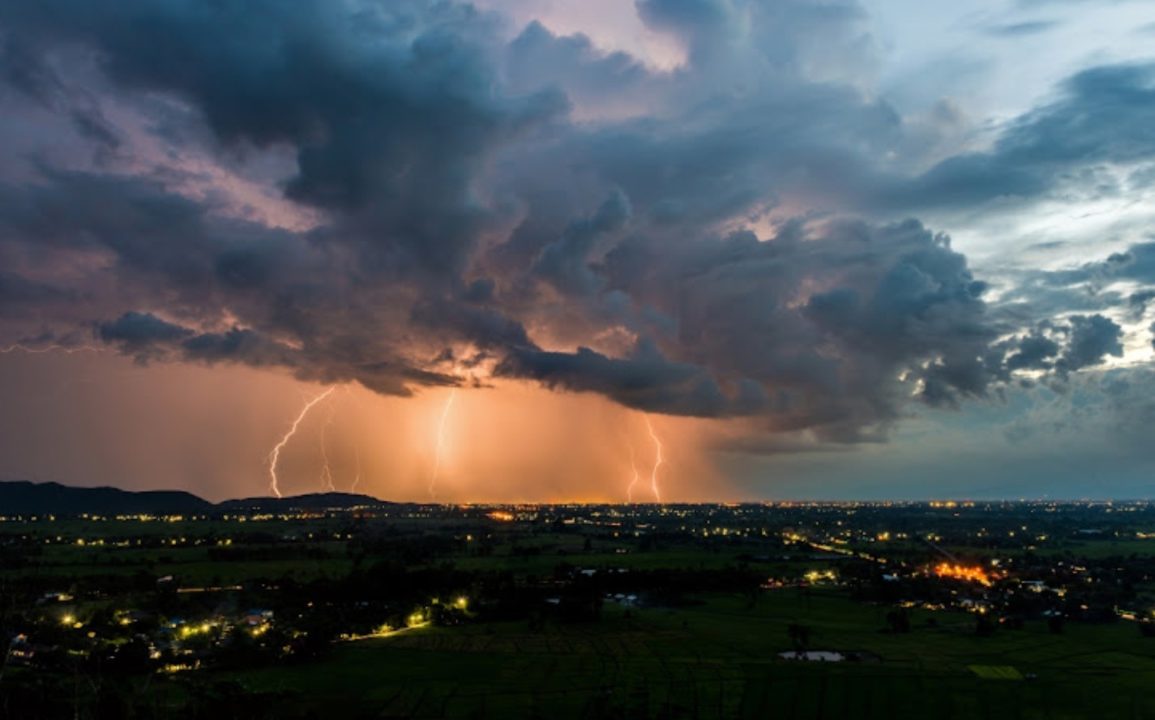A new study by scientists from the CICERO Center for International Climate Research in Norway has warned that extreme weather events are set to intensify rapidly over the next 20 years. The research emphasizes that almost three-quarters of the global population could face significant weather changes unless drastic reductions in greenhouse gas emissions are made.
The study, published in Nature Geoscience, highlights how global warming, combined with natural variations in climate, could lead to more severe and frequent temperature and rainfall extremes.
Natural phenomena like El Niño already cause fluctuations in weather patterns, but with ongoing global warming, these extremes are expected to surpass what societies and ecosystems can manage. The study indicates that the coming decades will see intensified rainfall and heatwaves, especially in certain regions.
Few studies have previously examined how different countries will experience extreme weather, but this research uses four climate simulations to project how much these extremes will change over the next 20 years.

In high-emission scenarios, regions such as the Mediterranean, Northwestern and Southern America, and Eastern Asia will experience sustained and unprecedented shifts in climate for two decades or more. These areas, many of which are home to low-income nations, are particularly vulnerable to the effects of extreme weather.
The researchers stress the importance of focusing on regional changes, as these will have more immediate and severe consequences for local populations and ecosystems compared to global averages.
The study also explores whether it is too late to stop these drastic changes. Under a scenario where emissions remain high, around 70 percent of the world’s population—roughly 5.6 billion people—will experience significant changes in extreme weather patterns.
While some of these changes are inevitable, even if strong mitigation measures are taken, the number of affected people could be reduced to 1.5 billion, primarily in regions like the Arabian Peninsula and South Asia.
The findings have serious implications for climate adaptation strategies globally. Researchers urge immediate action to prepare for a future with more frequent and intense extreme weather events, warning of deadly consequences such as heatwave-induced deaths and widespread flooding.
The only way to manage these rapid changes is through comprehensive preparation and adaptation to the heightened likelihood of unprecedented weather events within the next one to two decades.

